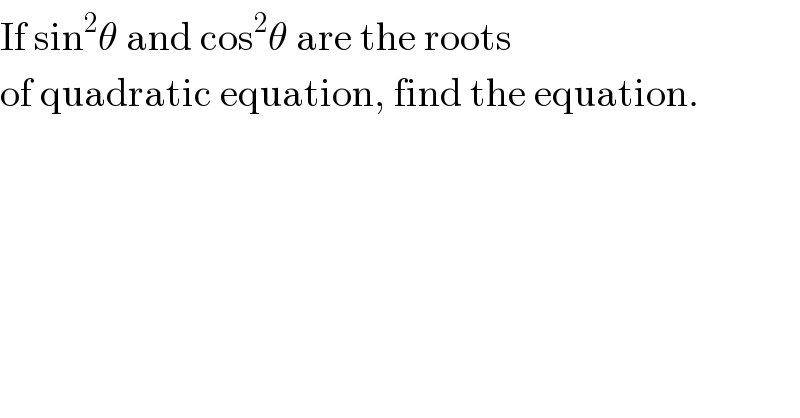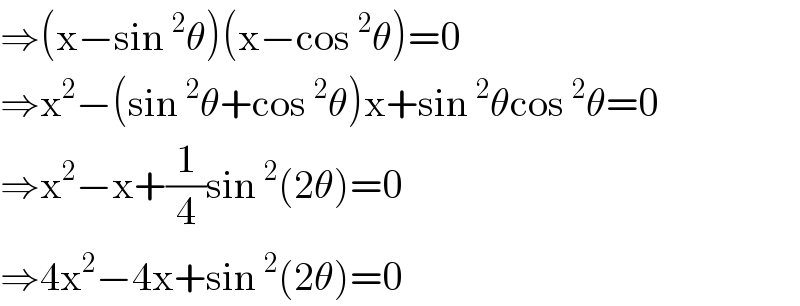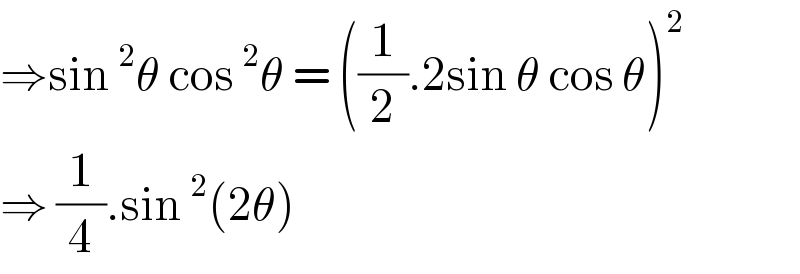
Question and Answers Forum
Question Number 117101 by harckinwunmy last updated on 09/Oct/20

Answered by bemath last updated on 09/Oct/20

Commented by harckinwunmy last updated on 09/Oct/20

Commented by bobhans last updated on 09/Oct/20

Answered by Olaf last updated on 09/Oct/20

